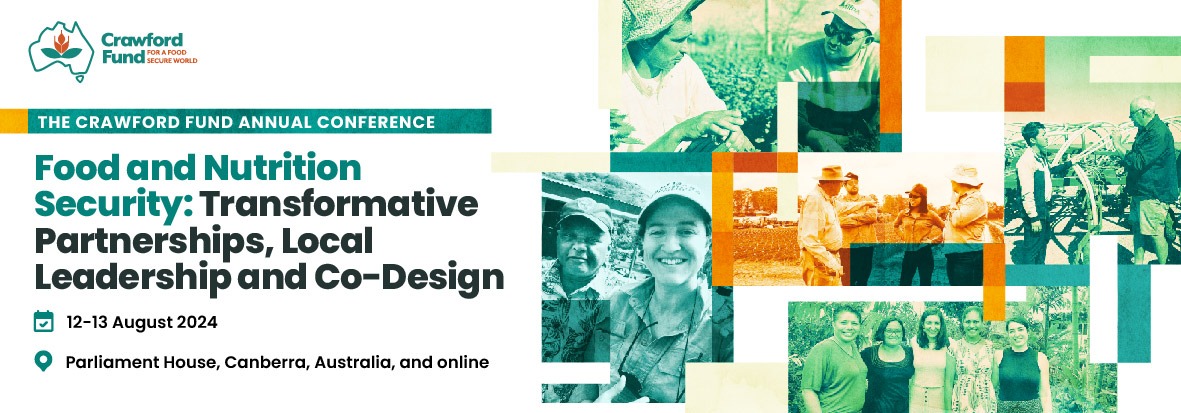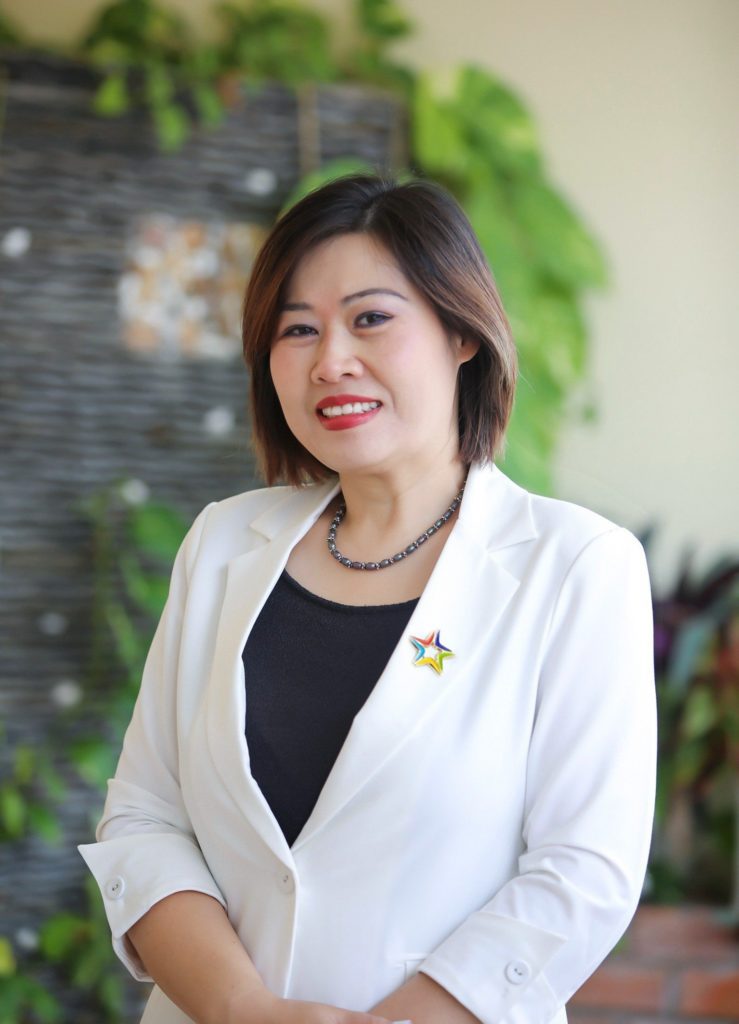


Dr Tran Thu Ha
 Team Leader, Low Emission & Inclusive Agriculture, SNV
Team Leader, Low Emission & Inclusive Agriculture, SNV
Tran Thu Ha has established sound credential in both professional career and academic background. She has been leading the innovative and pioneering work to drive the transformation in the agriculture sector toward sustainable, multi-values, climate-resilient and enabling policy framework through the inclusive value chain empowerment; unlock the investment and innovation from the private sector and mobilization of state management power for policy changes.
She successfully led the implementation of the very first pay-for-result and sophisticated initiative entitled “AgResults Emission Reduction Challenge Project (AVERP)” in 2017-2021. With the impactful results and knowledge generated from AVERP, she led the design and implementation of a large-scale “Transforming Rice Value Chain for Climate-resilient and Sustainable Development of the Mekong Delta of Viet Nam – TRVC” for the period of 2022-2027. Before joining SNV Viet Nam in August 2016, Thu Ha held senior leadership positions in international organizations.
Thu Ha obtained Master Degree of International Business Management with distinction from Asian Institute of Technology (AIT, Bangkok, Thailand) and Doctor of Agriculture Economic from Viet Nam National Agriculture University.
ABSTRACT
Transformative Partnerships for Transforming Rice Value Chain for Climate Resilient and Sustainable Development of the Mekong Delta of Viet Nam
Rice cultivation has played a key role in Vietnam’s development, providing livelihoods for millions of farmers and food security for the nation. The Mekong River Delta (MRD) is responsible for over half of Vietnam’s rice production and 90% of its rice for export. Rice is responsible for almost 10% of Vietnam’s greenhouse gas (GHG) emissions and its negative environmental impacts include pollution and depletion of water resources, air pollution from burning residues, land subsidence and saline intrusion. These contribute to the extreme vulnerability of the region and its inhabitants to climate change. Without addressing the systemic challenges in a way that benefits farmers and the private sector, Vietnam will not meet its GHG reduction targets in rice production, and environmental degradation will undermine the long-term viability of rice-growing in the region.
Funded by the Government of Australia, the “Transforming Rice Value Chains for Climate Resilient Sustainable Development in the Mekong Delta” (TRVC) is a five-year programme 2023-2027 that was co-designed by the Netherland Development Organisation – SNV and the Ministry of Agriculture and Rural Development of Viet Nam; provincial governments, private sector enterprises and agriculture researchers. The programme leverages inter-discipline agronomic and eligible intervention research from both literature and on-the ground experience to support climate adaptation and mitigation by incentivising private sector companies in the rice value chain and smallholder farmers in the MRD to transition to low-carbon and climate-resilient agricultural practices.
This paper document the process of engaging the diverse stakeholders for the co-design and co-leadership of the implementation for the alignment of high-level inter-governments agenda between Australia and Viet Nam vis a vis the commitment to support the sustainable socio-economic development with climate change adaptation and mitigation focus; while addressing the emerging needs from rice grower communities and marketers under the context of adverse climate change phenomena in the Mekong Delta of Viet Nam with novel approaches to spur the scalability and efficacy.